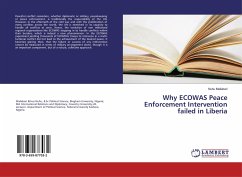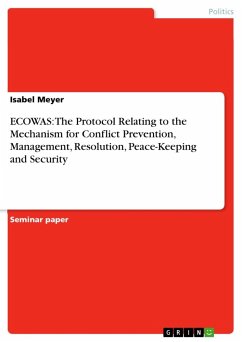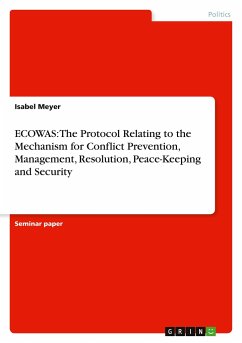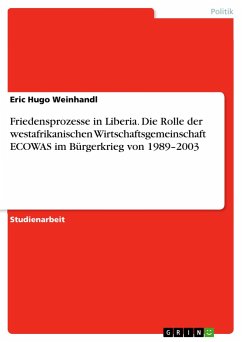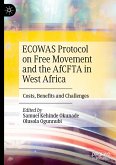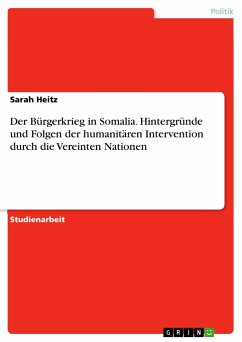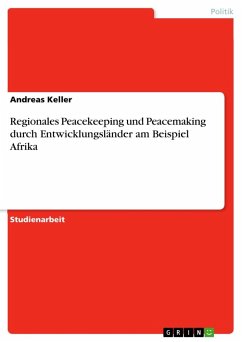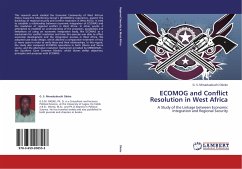Peaceful conflict resolution, whether diplomatic or military, peacekeeping or peace enforcement, is traditionally the responsibility of the UN. However, in the aftermath of the cold war and with the proliferation of many conflicts across the world, the UN is stretched in its capacity to handle all conflicts at once. Hence, the evolution of non militarized regional organisations like ECOWAS stepping in to handle conflicts within their borders, which is indeed a new phenomenon. In the ECOWAS experiment,sending thousands of ECOMOG troops to intervene in a multi-factional conflict did not lead to the achievement of the desired peace. It becomes glaring then, that the failure or success of any intervention cannot be measured in terms of military arrangement alone, though it is an important component, but of a robust, collective approach.

